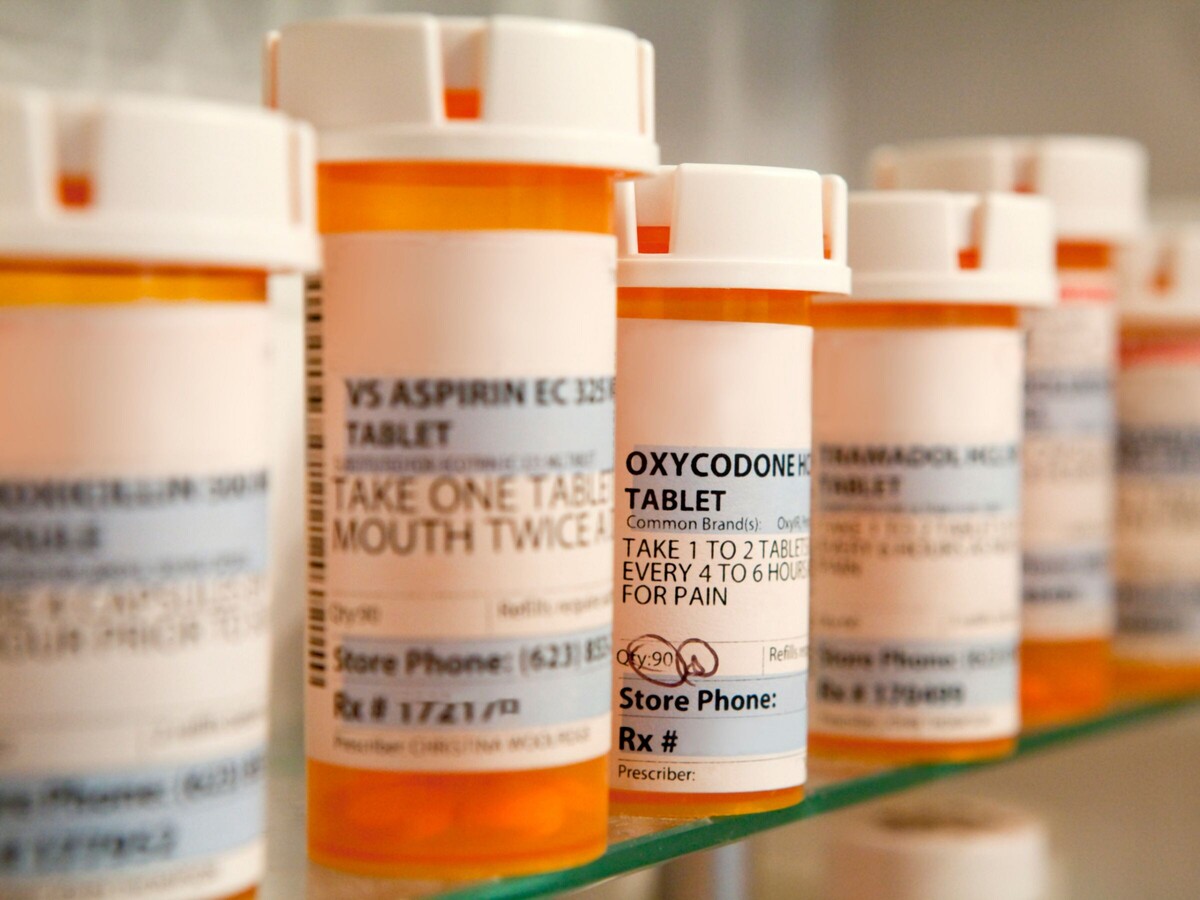Governor Murphy Enacts Groundbreaking Legislation to Boost Prescription Drug Affordability
New Laws in New Jersey Set to Cap Consumer Costs, Increase Oversight of Pharmacy Benefit Managers, and Improve Transparency in Drug Pricing
On July 10, 2023, in a move towards enhancing healthcare affordability, Governor Phil Murphy of New Jersey signed three bills aimed at making prescription drugs more affordable for the state's residents.
These new laws will limit certain out-of-pocket expenses, impose stricter oversight on Pharmacy Benefit Managers (PBMs), and foster transparency throughout the pharmaceutical supply chain.
“This is a huge step forward in our ongoing efforts to deliver much-needed relief to countless families throughout our state who are struggling to afford critical medications,” said Governor Murphy. “I am proud to sign nation-leading legislation that will make a real difference in the lives of New Jerseyans as we continue to work towards making prescription drugs and other health care services more affordable and accessible to everyone."
The bill package initiates one of the most exhaustive prescription drug price transparency programs in the nation so far. Additionally, it makes New Jersey the second state to cap out-of-pocket costs for asthma inhalers, EpiPens, and consumer costs for insulin.
The three signed bills are:
- S-1614, which limits out-of-pocket costs by extending Medicare's recent $35/month insulin cap to state-regulated markets and NJ public employee plans. It also limits out-of-pocket costs for EpiPens and asthma inhalers to $25 and $50 respectively for a month's supply.
- S-1615, which establishes a new data and transparency system within the Division of Consumer Affairs to scrutinize drug pricing across the supply chain. This bill also sets up a Drug Affordability Council to suggest legislative and regulatory policy enhancements that foster prescription drug affordability and accessibility.
- A-536/2841, which tightens oversight of PBMs, third-party companies managing many prescription-drug plans. This bill requires rebates to be applied to reduce premiums and out-of-pocket costs for consumers and prohibits the practice of spread pricing. It also mandates PBMs to apply for a license from the NJ Department of Banking & Insurance to fortify regulatory oversight.
With over half of New Jersey residents worried about prescription drug costs and one in four adults rationing or skipping their medication, this issue has national resonance.
In response, the Office of Health Care Affordability and Transparency, launched by Governor Murphy in 2020, collaborated with legislative partners and community stakeholders to push this prescription drug affordability legislation forward.
Moreover, Governor Murphy has allocated funding in the Fiscal Year 2024 budget to broaden the eligibility for the Pharmaceutical Assistance for the Aged and Disabled (PAAD) program. A companion bill, signed simultaneously with the budget, will further reduce the costs of essential prescription drugs for seniors and residents with disabilities and increase enrollment in both the PAAD and the Senior Gold Prescription Discount program.
Sponsoring legislators of the newly signed bills include Senators Joseph Vitale, Troy Singleton, Nellie Pou, Linda Greenstein, and Vin Gopal, along with Assembly members John McKeon, Roy Freiman, Angela McKnight, Robert Karabinchak, Bill Moen, Gabriela Mosquera, Annette Quijano, Paul Moriarty, Joseph Danielsen, Daniel Benson, and Verlina Reynolds-Jackson.
Shabnam Salih, Director of the Governor’s Office of Health Care Affordability and Transparency, emphasized that this package is a "critical part of the comprehensive affordability agenda" and will have a tangible impact on New Jersey residents, applauding the Governor's leadership and the dedication of their partners.














